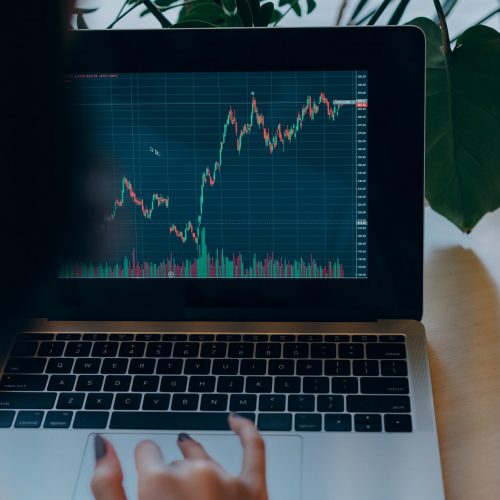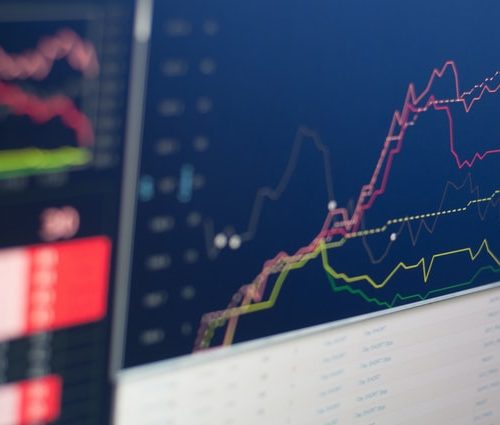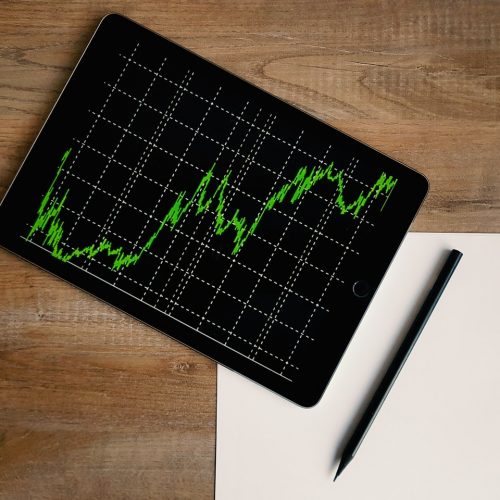Forex trading is the buying and selling of currencies on the global market. It’s one of the biggest markets in the world, with trillions of dollars being exchanged daily. Making money in forex is a skill that requires patience, discipline, dedication, and experience.
For forex traders, the currency market is a bit like the Wild West. No rules govern transactions, and no regulator watches over trades. Forex can be very rewarding for successful traders, but it also means they must learn to protect themselves against unscrupulous individuals who would happily take advantage of them.
Regardless of your level of skills or success as an investor or trader, it’s always good to have some tips for improving your skills. This article provides you with advice on how to become successful at forex trading.
Three Important Skills in Forex Trading
Forex trading can be very risky, and therefore, you need to take precautions and develop strategies to help you mitigate risk. Anticipating, planning, and analyzing are the key to a successful forex trader.
1. Anticipating
It is critical to realize that even the most successful forex trader can lose trades. Even though you will make some winning trades, losing some trades is also normal. Fortunately, there are various strategies that you can apply to anticipate risk.
Various order types will hedge you against possible losses. The most frequently used orders in forex trading are limit and stop orders. Advanced order types such as order cancel orders (OCO), trailing stop, and if/then orders also assist traders in protecting potential profits as well as managing risk.
However, setting a stop order is a skill and art that every trader needs to learn. You should set a stop order to allow your trade to handle smaller drops and jumps in the price. Furthermore, it should protect you from loss if the market fails to go your way.
Sometimes what determines your success in a trade is not only the amount of research you do but also your mindset. Controlling your emotions is very critical to the success of forex trading. You should remain calm and objective at all times. Resist the urge to get into a trade outside your trading plan, no matter the outcome of the previous trade.
2. Planning
The key to successful forex trading is creating a good trading plan and sticking to it. The plan will help you meet your trading goals, define your trading strategies, what you are willing to risk, and your loss mitigation strategies.
A plan is a rule-based approach to trading, without which greed and self-doubt will eventually get in your way. A plan is a steady anchor in volatile markets, and it will help you predict when to enter or exit a market.
When creating a plan, ask yourself the following questions:
- How many currency pairs will I trade?
- How long will I hold my positions?
- How much do I want to make?
- How much can I risk per trade?
- How many consecutive losses can I tolerate in a day?
- How will I conduct my analysis?
- How will I control risk?
You can develop a detailed trading plan by answering these questions.
However, creating a plan does not help if you don’t stick to it. This is where discipline and controlling your emotions come in. Ensure that you maintain a log every time you trade. The log will help you stick to the plan and avoid impulse trading.
3. Analyzing
Analyzing market trends is critical in forex trading. The forex market is very volatile, and understanding what causes price movements is the key to predicting future movements.
Price charts provide critical information and are one of the most popular ways of analyzing the forex market. Price charts provide a snapshot of the market trends by plotting the recent currency pair price movement on a graph. Price charts include line charts, candlestick charts, and bar charts.
Technical and fundamental analysis are also essential in forex trading. It involves the study of movements and patterns in the forex market caused by the behavior of traders. Forex traders use technical analysis to monitor a currency pair’s historical and current price movements. By understanding these movements, they can successfully predict entry and exit points.
Conclusion
When you become a forex trader, it’s important to remember that your success is largely dependent on your ability to anticipate, plan, and analyze every trade. If you take the time to do this before getting in, you should be well on your way to becoming a profitable trader.




